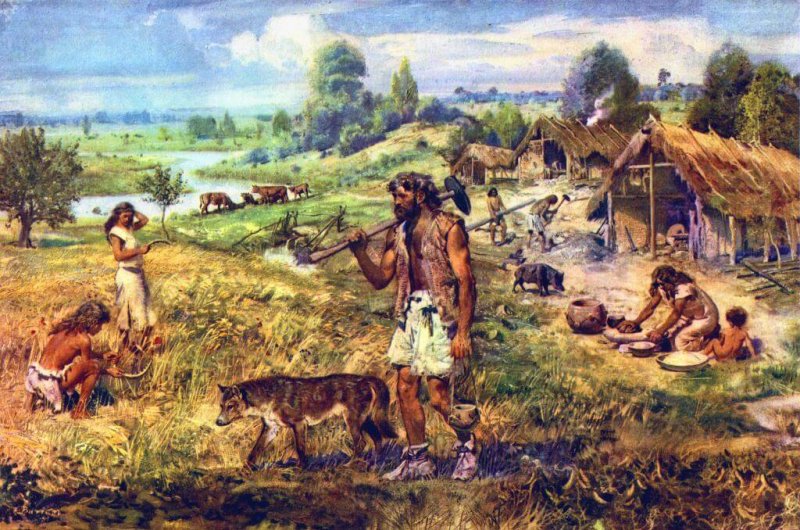For several years it has been broadly acknowledged that agriculture in Europe was first established in the Anatolian peninsula in modern day Turkey, and then spread westward.
Researchers led by Choongwon Jeong of the Max Planck Institute of the Science of Human History in Jena, Germany, analyzed eight prehistoric humans, including a 15,000-year-old Anatolian hunter-gather from whom they extracted a complete genome.
They discovered that the Neolithic farmers were direct descendants of the hunter-gathers. The finding strongly indicates that farming became commonplace because the indigenous population changed its subsistence strategy, rather than because it was overrun by incomers who brought the practice with them.
…
“Our results provide additional, genetic support for previous archaeological evidence that suggests that Anatolia was not merely a stepping stone in a movement of early farmers from the Fertile Crescent into Europe,” says Jeong.
Read full, original article: Roots of European agriculture revealed































